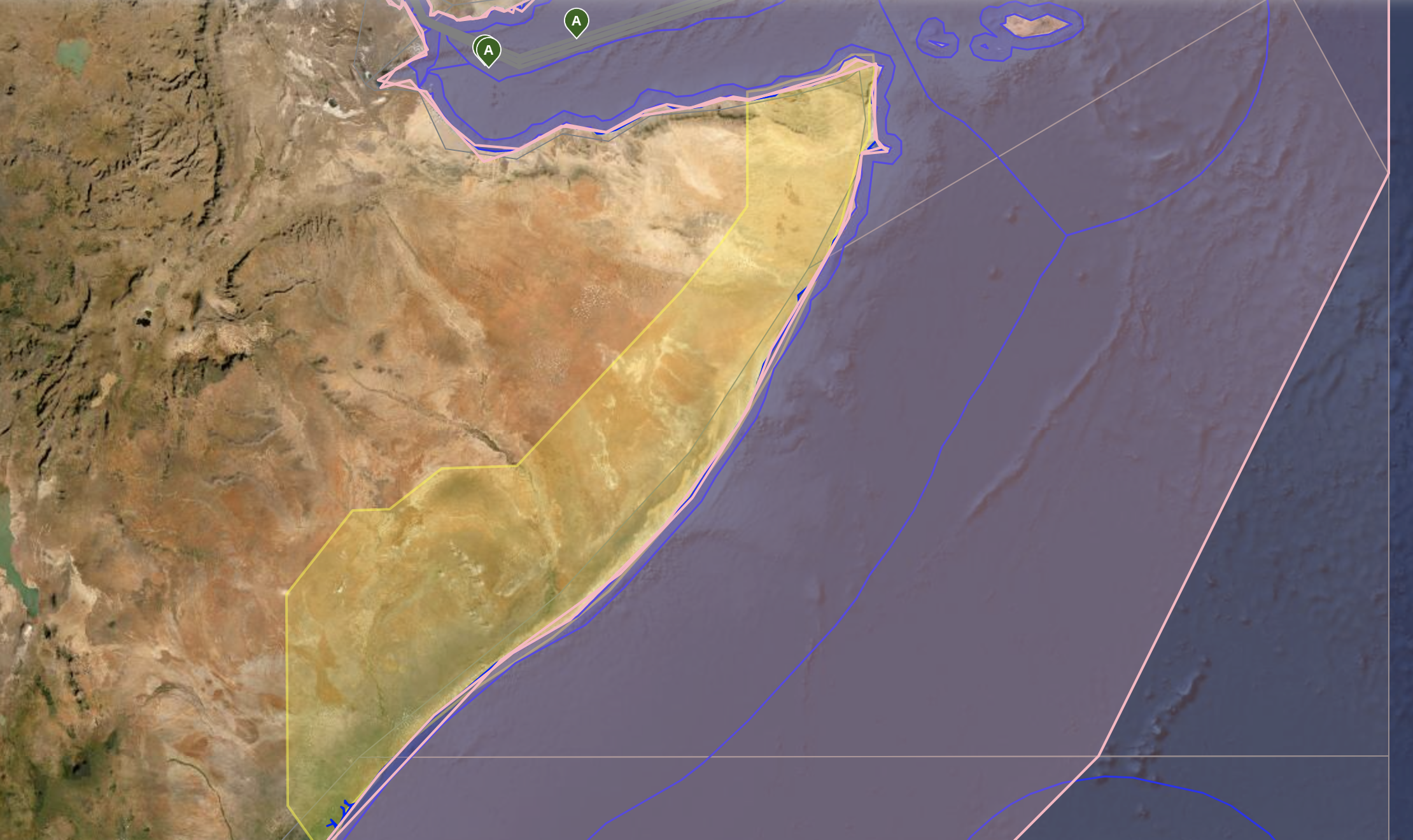In December 2023, Somali pirates made headlines with a daring hijacking, showcasing their continued menace.However, the Indian navy's intervention in the Southern Indian Ocean Region, culminating in the successful rescue of a hijacked cargo vessel, marked a significant step in countering piracy with minimal force.
India's emergence as a naval powerhouse in anti-piracy efforts underscores the escalating crisis in the Red Sea, where piracy threatens major sea trade routes. This phenomenon, rooted in Somalia's political upheaval and economic desperation, has transformed piracy into a lucrative enterprise, with attacks targeting shipping corporations and vulnerable crews.
The international response to piracy, governed by conventions like UNCLOS and SUA, faces jurisdictional challenges, particularly in prosecuting apprehended pirates. Despite concerted efforts by naval forces from NATO, the EU, and other nations, the lack of a centralized legal mechanism for piracy trials hampers effective enforcement.
In India, the Maritime Anti-Piracy Act of 2022 empowers authorities to combat piracy with stringent penalties, reflecting a commitment to maritime security. The recent arrest of Somali pirates under this law highlights India's proactive stance against piracy.
Looking ahead, ensuring maritime safety requires collective action and addressing root causes on land, particularly in Somalia. While piracy persists as a local business, global powers often exploit anti-piracy alliances to assert geopolitical dominance, complicating efforts to eradicate piracy and restore stability to the region.




